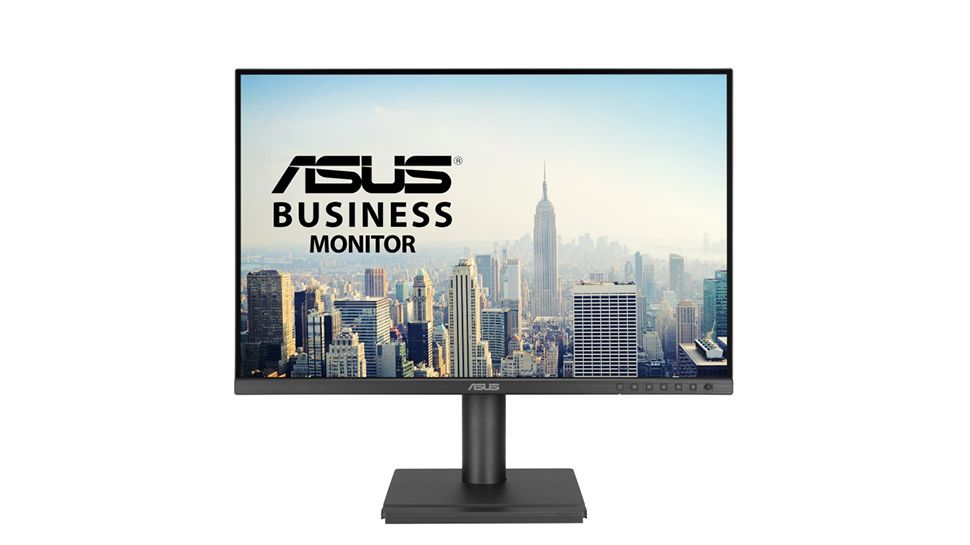The Federal Trade Commission and 17 states accused Amazon on Tuesday of illegally protecting a monopoly over swaths of online retail by squeezing merchants and favoring its own services, in the government’s most significant challenge to the power of the e-commerce giant and one that could alter the way Americans shop online for everything from toilet paper to electronics.
In a highly anticipated lawsuit, the F.T.C. and state attorneys general from New York and other states said that Amazon had stopped merchants on its platform from offering lower prices elsewhere and forced them to ship products with its logistics service if they wanted to be offered as part of its Prime subscription bundle. Those practices led to higher prices and a worse shopping experience for consumers, the agency and states said.
“Today’s lawsuit seeks to hold Amazon to account for these monopolistic practices and restore the lost promise of free and fair competition,” said Lina Khan, the chair of the F.T.C.
The lawsuit put the influence and reach of Amazon, a $1.3 trillion behemoth, squarely in the spotlight after years of mounting scrutiny. Founded by Jeff Bezos in 1994, the onetime upstart online bookseller has grown into a sprawling conglomerate with tentacles in retail, Hollywood and the foundational infrastructure of the internet.
Much of the Seattle-based company’s power has emanated from its online marketplace, sometimes known as an “everything store” for the range of products it sells and the speed with which it delivers them. Amazon’s sway over online commerce has shaped the lives of merchants around the world, set the working conditions for more than one million warehouse workers and pushed the U.S. Postal Service to deliver on Sundays.
Now Amazon, the nation’s second-largest private employer, has become the latest big tech company to face off against the government over monopoly concerns, just as the Justice Department has entered the third week of an antitrust trial challenging Google over its power in online search. The F.T.C. has also brought an antitrust lawsuit against Meta, which owns Instagram, Facebook and WhatsApp. Members of Congress have considered legislation to regulate some of the companies’ most common business practices.
The new lawsuit pits Amazon directly against Ms. Khan in a long-awaited confrontation. She rose to fame as a Yale law student in 2017 when she published a paper arguing that American antitrust laws had failed to adequately stop Amazon from amassing power over its customers, competitors and suppliers. The paper helped kick off a debate about whether U.S. antitrust laws needed to be modernized to rein in tech giants.
Even so, much of the campaign against the tech giants has moved slowly. The monopoly cases may take years to resolve, while no new regulations have been passed in Congress. Foreign governments — particularly the European Union — have been more aggressive, approving rules governing how the tech companies handle personal data, treat their competitors and police harmful content.
Amazon, which generates more than $500 billion in annual revenue, has continued growing despite the scrutiny. In the past three years, it bought One Medical, a chain of primary care practices; the Roomba manufacturer iRobot; and the fabled movie studio Metro-Goldwyn Mayer, giving it a major stake in the James Bond franchise. These deals have added to an empire that includes its online superstore, cloud computing services that power wide areas of the web and a streaming service that competes with rivals like Netflix.
The F.T.C.’s competition team began investigating Amazon’s business in summer 2019, with no shortage of complaints about the company’s business practices from critics and rivals.
Amazon’s critics said it had strong-armed sellers that offered goods on its platform, forcing competitors into punishing price wars and boosting the products it makes itself over those supplied by outside merchants. Its interlocking control of different parts of online retail — from the storefront to the delivery vans that take packages to consumers’ doorsteps — allowed it to dominate competitors, they said. In a report published in 2020, staff on the House Judiciary Committee, which included Ms. Khan, found “that Amazon functions as a gatekeeper for e-commerce.”
By June 2021, when President Biden appointed Ms. Khan to be the F.T.C.’s chair, Amazon had provided the agency with documents and information, a person familiar with the investigation said. Under Ms. Khan’s leadership, a new team came in to run the antitrust inquiry, the person said.
The relationship between Amazon and the F.T.C. has been strained since Ms. Khan took over the agency. Weeks after she was sworn in as F.T.C. chair, Amazon petitioned the agency to have her recused from antitrust matters regarding the company.
Last year, Amazon moved to stop the agency from interviewing Mr. Bezos and Andy Jassy, the company’s chief executive, in a separate investigation into its Prime membership practices, accusing the F.T.C. of “harassing” the executives. This June, the F.T.C. sued the company as a result of that investigation, accusing it of violating consumer protection laws by tricking consumers into signing up for its Prime membership program.
In recent months, the F.T.C. moved closer to deciding whether to proceed with an antitrust lawsuit against the company. In August, Amazon’s representatives met with Ms. Khan and the agency’s two other commissioners to discuss the case. Those so-called last rites meetings give companies a chance to refute the agency’s case before it votes to file a lawsuit.
With Tuesday’s announcement, the F.T.C. joins government agencies around the world that are trying to check Amazon’s influence on the economy.
In 2021, the attorney general of the District of Columbia accused Amazon of controlling prices on its website, but a judge dismissed the case last year. A similar, but more robust, case brought by California overcame Amazon’s attempt to have it thrown out.
Amazon has already made some changes that could address some concerns.
The company is winding down most of its private label brands after they failed to generate substantial consumer traction, a person familiar with the strategy said. In June, it announced it would later this year reopen enrollment for a program that let merchants sell their products as Prime-eligible while handling the deliveries themselves, without using Amazon’s warehouses. And after settling with European regulators, it has experimented with showing customers offers from multiple merchants in a key area of its online store.
Karen Weise contributed reporting from Seattle.





